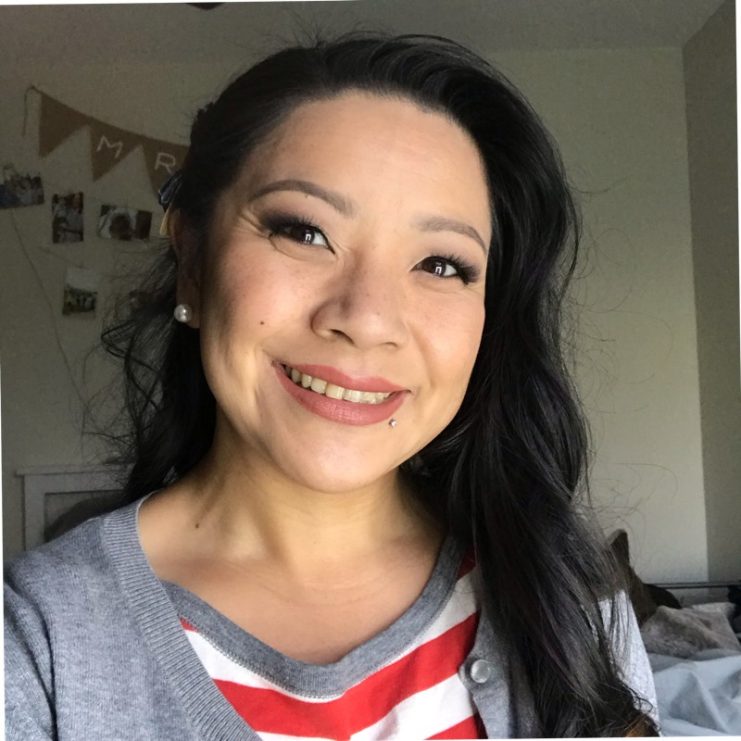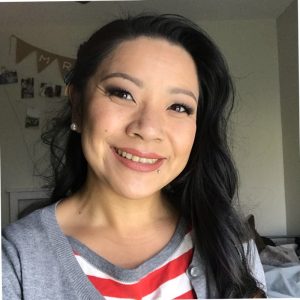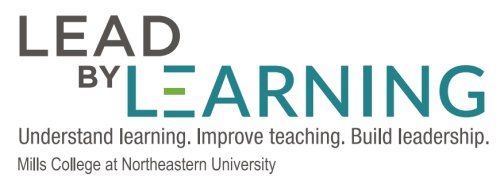
Educator Mindsets Matter: Building Self Awareness of Equity Traps
Those kids don’t care.
That’s too hard for these kids.
These kids won’t be able to…
You wouldn’t think you were at a meeting of educators, veterans at that, upon hearing these words but it is more common than you think; I’ve been hearing educators make comments like these for the past 17 years. I too played into that trope during my early years but slowly began making a switch in how I talked and how I thought through questioning, becoming aware of my thoughts, and finally really naming that I want to see my kids’ potential and capacity. I want to see them all as humans that are trying to figure things out and are learning.
As a new teacher leader in the Math Department at El Cerrito High School, I had to encourage colleagues to have open discussions to create aligned assessments and review student work to begin aligning our grading policies. I soon realized that discussing these sensitive topics led to hurt feelings, defensive tones, and walls going up which made moving forward very difficult.
When I first realized this, I tended to be quiet at meetings because I didn’t know how to react, what to say, or how to steer the conversation…like usual, I was just stunned. When I did question or try to discuss deficit mindset comments, the discussion usually ended up with people feeling defeated or offended.
In our second year with Lead by Learning, our Lead by Learning facilitators Nina and Malia began modeling how to Supportively Challenge each other. After some thought-partnership or share out, Nina would start asking us questions that gave us a pause to rethink our thoughts or words, and hopefully encourage us to see a different perspective. I knew I needed to bring this Supportive Challenge framework back into my leadership and my department.
In a department meeting, we were discussing the topics that would be assessed on the Algebra 1 final common assessment. Colleague A shared an assessment they created based on the curriculum assessments. Upon review, a few colleagues began making comments about the different ways this would be challenging for their students…and thus the deficit mindsets began flowing. Colleague B mentioned that students “don’t care to do the work or come to class” and Colleague C stated that students “struggle with number sense and won’t be able to do these problems.” Colleague D stated that many of their kids “were going to fail this.”
My heart began to race as I realized this is one of those moments to practice my Supportive Challenging skills. I tried redirecting my colleagues to the purpose of the discussion, which was identifying the concepts that we expect students to know by the end of the course. However, some of my colleagues were too invested in their deficit beliefs to determine what students should know and instead focused only on what they believed their students were capable of. Unfortunately, this discussion ended too quickly and unresolved; and I walked away with an uneasy feeling about my colleagues.
It had taken many years of conversations with colleagues and reflections over student interactions before I even became aware of my deficit thoughts. With this awareness, I am learning to be honest with myself, vulnerable with my colleagues, and believe in my students’ abilities to persist even when challenged. I know it will take time for colleagues too, and I know we owe it to our students to stay asset based.
Next year, though I will not be the department chair, I know our work will continue to build awareness of our mindsets and the equity traps we fall into. Some of my goals for next year are to:
- Have more difficult conversations
- Build relationships first
- Center vulnerability and trust
- Allow us all to be learners together
 Louise Ollano has taught math at El Cerrito High School since 2006. Since 2009, she has taken on various on-campus roles such as Leadership Advisor, Flag Squad Advisor, UTR representative, Department co-Chair, and a member of the Instructional Leadership Team. A transplant from Los Angeles, Louise now claims the Bay Area as home with all of its trails, shoreline, and campsites. She loves baking, nurturing her houseplants, and spending time outdoors with her husband and son.
Louise Ollano has taught math at El Cerrito High School since 2006. Since 2009, she has taken on various on-campus roles such as Leadership Advisor, Flag Squad Advisor, UTR representative, Department co-Chair, and a member of the Instructional Leadership Team. A transplant from Los Angeles, Louise now claims the Bay Area as home with all of its trails, shoreline, and campsites. She loves baking, nurturing her houseplants, and spending time outdoors with her husband and son.
